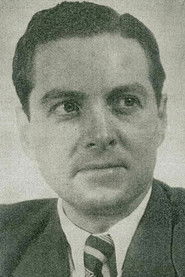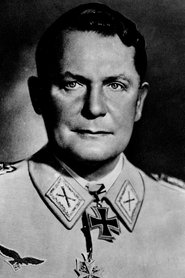

A Nazi propaganda film about the lead up to World War II and Germany's success on the Western Front. Utilizes newsreel footage of battles and fell into disfavour with propaganda minister Goebbels because of it's lack of emphasis on Adolf Hitler.

Narrator - Prologue only (voice)

Self

Self - Führer und Reichskanzler

Self

Self
No Trailers found.